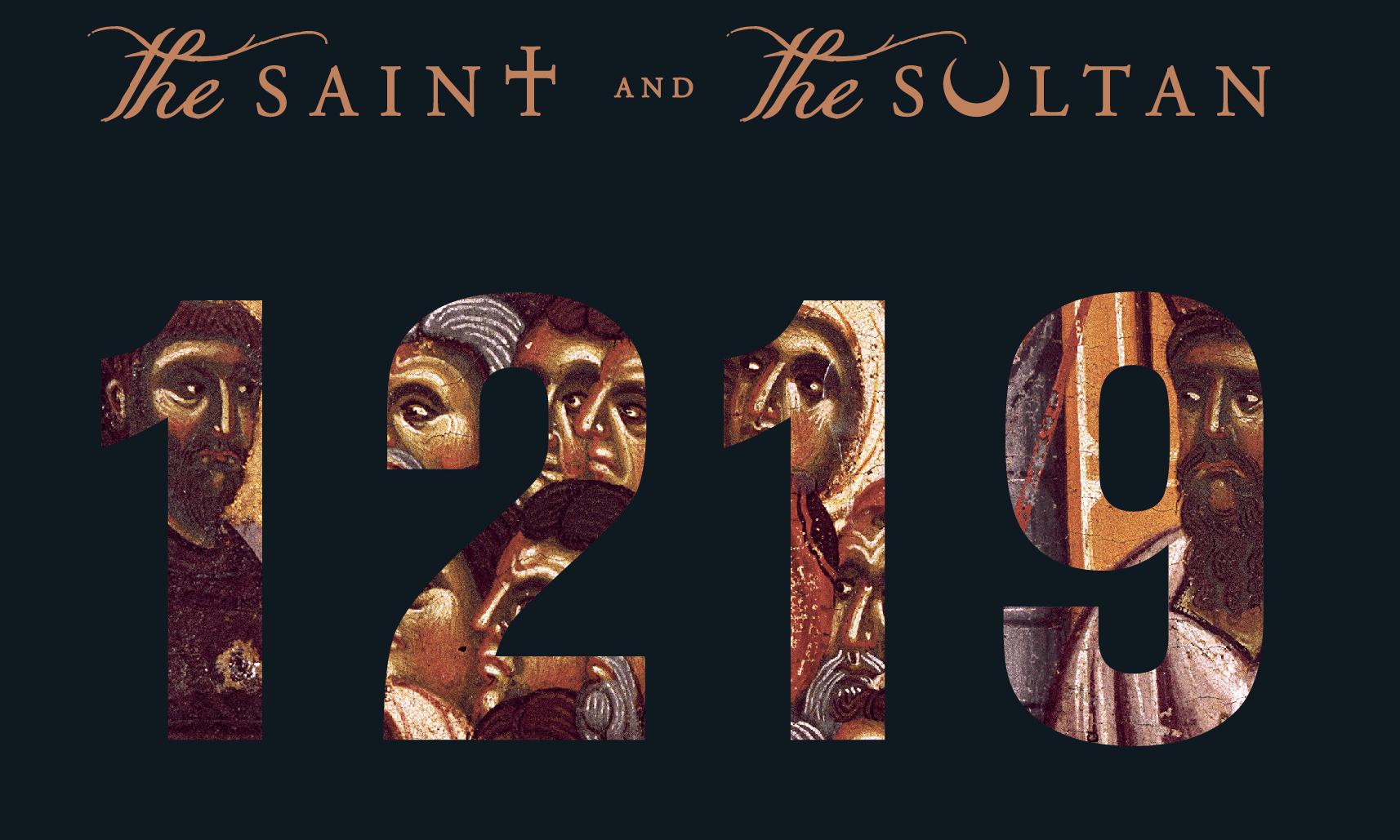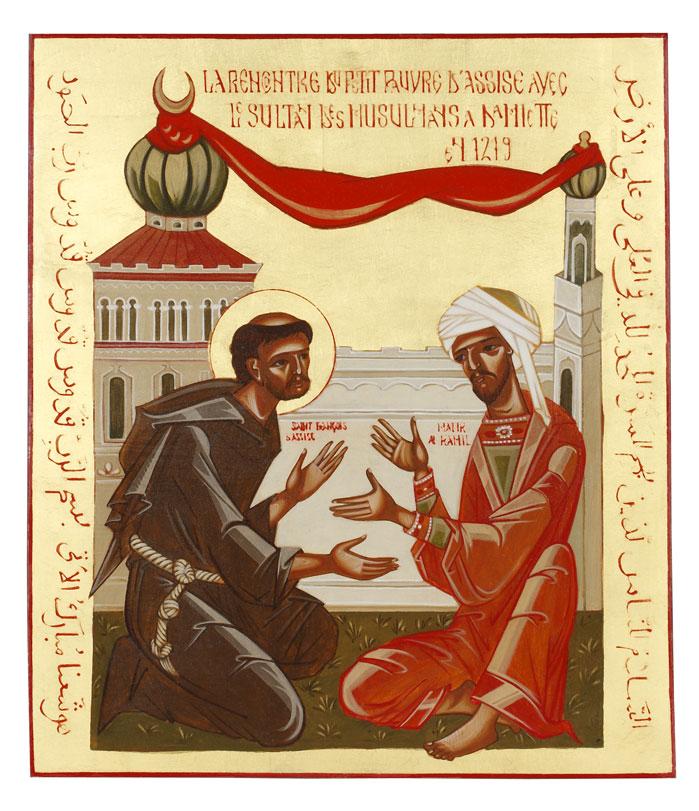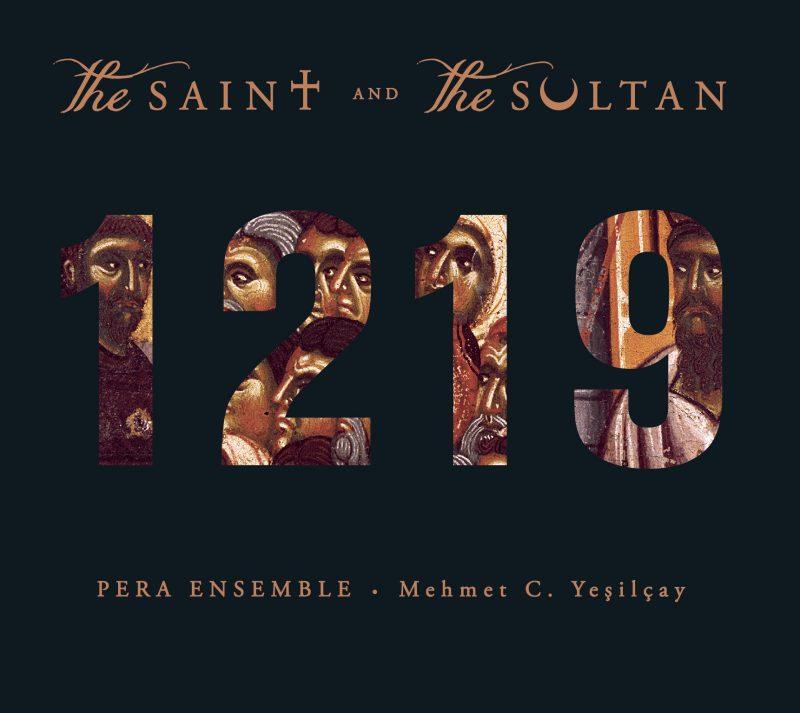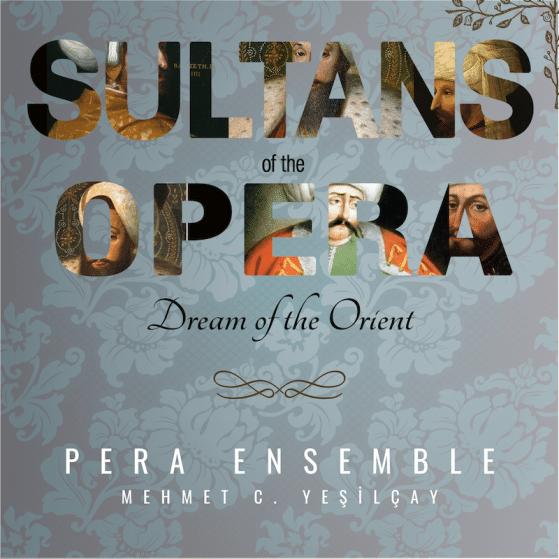The Saint and the Sultan

St. Francis of Assisi stands for a comprehensive readiness for dialogue, which results in an unconditional primacy of peace with all creatures of this world. The many stories and legends about St. Francis' encounters and conversations with different animals and his poetry in praise of nature, the Canticle of the Sun, have become popular evidence of this theology and spirituality, revolutionary in Francis' time, which shows respect for everything and everyone, because everything and everyone in this world is ultimately a creature of God and thus part of God.
In November 1219, the crusaders captured the city of Damiette and caused incredible carnage among the inhabitants, but strategic mistakes in the further course of action led to the armies being surrounded a year later and having to offer the return of Damiette to save themselves. This 5th crusade cost 100,000 victims and was so unsuccessful overall that it is not even listed in most censuses or included in the subsequent crusade.
In these world-historical events, the presence of Francis is only an anecdote in passing, although it is historically documented. Francis had arrived at Damiette in August 1219. The meeting with the Sultan took place at the end of September, presumably during the pause in negotiations after the fortress was taken and before the city was captured. It is reported that Francis reacted with great horror to the brutality of the crusaders towards the population.
The journey to Syria and Egypt was already the third attempt of St. Francis to go to the "Saracens" and preach the Gospel to them. In the years before, he had had to abandon his project each time due to shipwreck or illness.
Accompanied by Brother Illuminatus, he then sets off and finally meets the Sultan Al Malik the nephew of the great Salahaddin Eyyubi, the Sultan who has become a myth.

Franziskus durchbrach während der Kriegshandlungen zwischen den christlichen und muslimischen Heeren die Politik des gewaltsamen Gegeneinanders und begab sich zu dem ägyptischen Sultan Al-Kamil Muhammad al-Malik, um freimütig vor ihm zu predigen und den Krieg durch Überzeugungskraft zu beenden. Die Begegnung zwischen Sultan Al-Kamil Muhammad al-Malik und Franziskus hatte auf beide Wirkung. Der Sultan bekehrte sich zwar nicht zum Christentum, war aber beeindruckt von dem wie ein Sufi gekleideten Mann aus Italien. Franziskus kehrte nach dem Gespräch unbeschadet zurück nach Assisi. Muslime waren für ihn keine „grausamen Tiere“ mehr, wie die Kreuzzugpropaganda im Westen verbreitet. Er schätzte vielmehr ihre vornehmen Sitten und ihre tiefe Ehrfurcht vor Gott. Als Folge schrieb er in die erste Ordensregel, dass sich die Mitglieder seiner Gemeinschaft, die sich in anderen Kulturbereichen bewegten, durch eine einfache und friedfertige Präsenz und eine dienende Haltung gegenüber den Menschen Zeugnis für das Christentum ablegen sollen und „weder zanken noch streiten“ sollen. Außerdem setzt er sich nach dem Vorbild des Muezzin-Rufes dafür ein, dass es auch im Abendland ein Zeichen geben sollte, dass alle Menschen an das Lob Gottes erinnern sollte. Auf diese Initiative geht das noch heute übliche Angelus-Läuten der Kirchenglocken am Morgen, Mittag und Abend zurück. Franziskus Handlungsweise ist wegweisend für einen guten Kultur- und Religionsdialog

Double CD
Double CD in limited luxury edition with 100 pages booklet, embossed print, in a box under
[email protected] bestellbar
The regular CD released by Berlin Classics.

